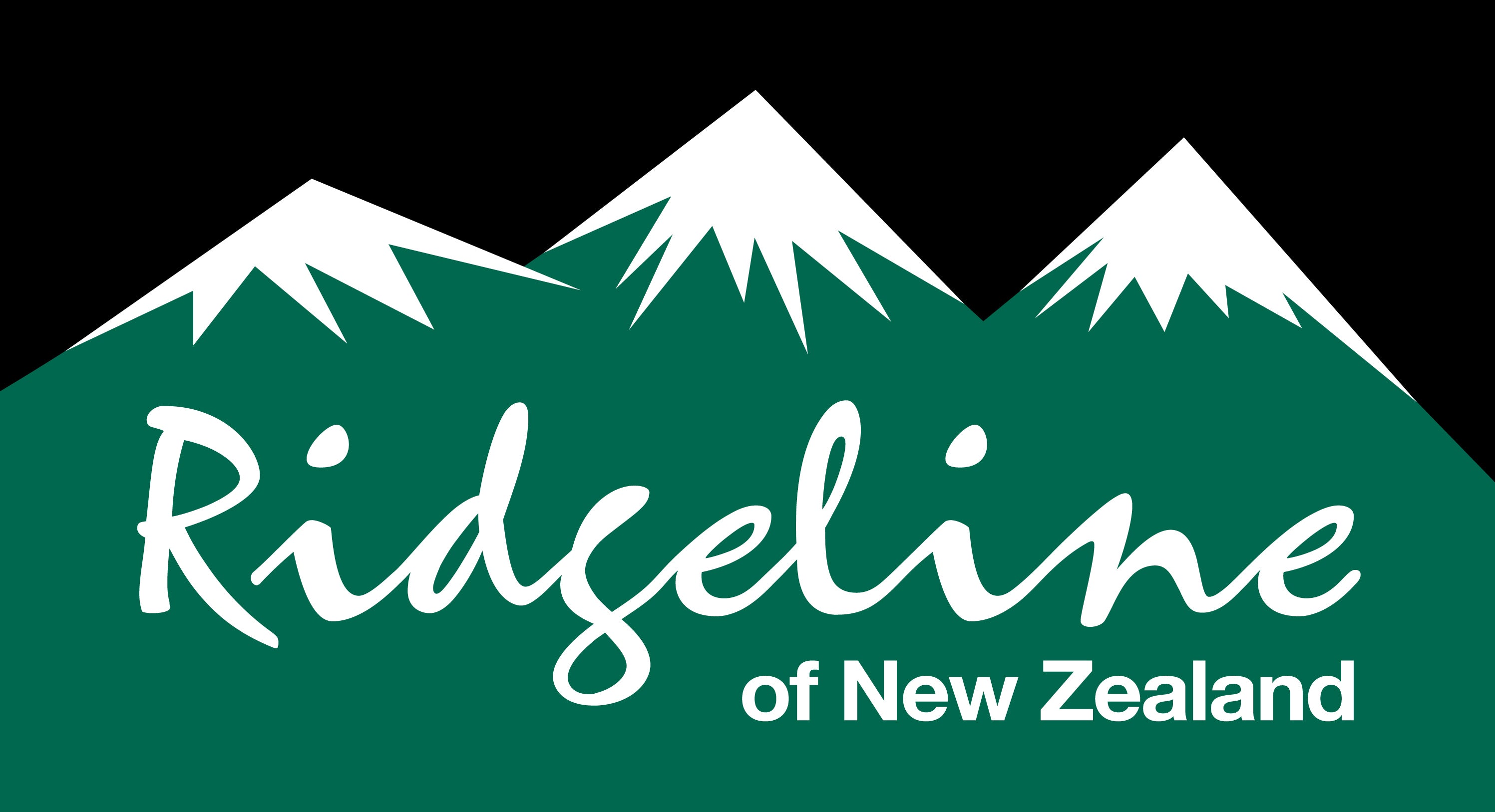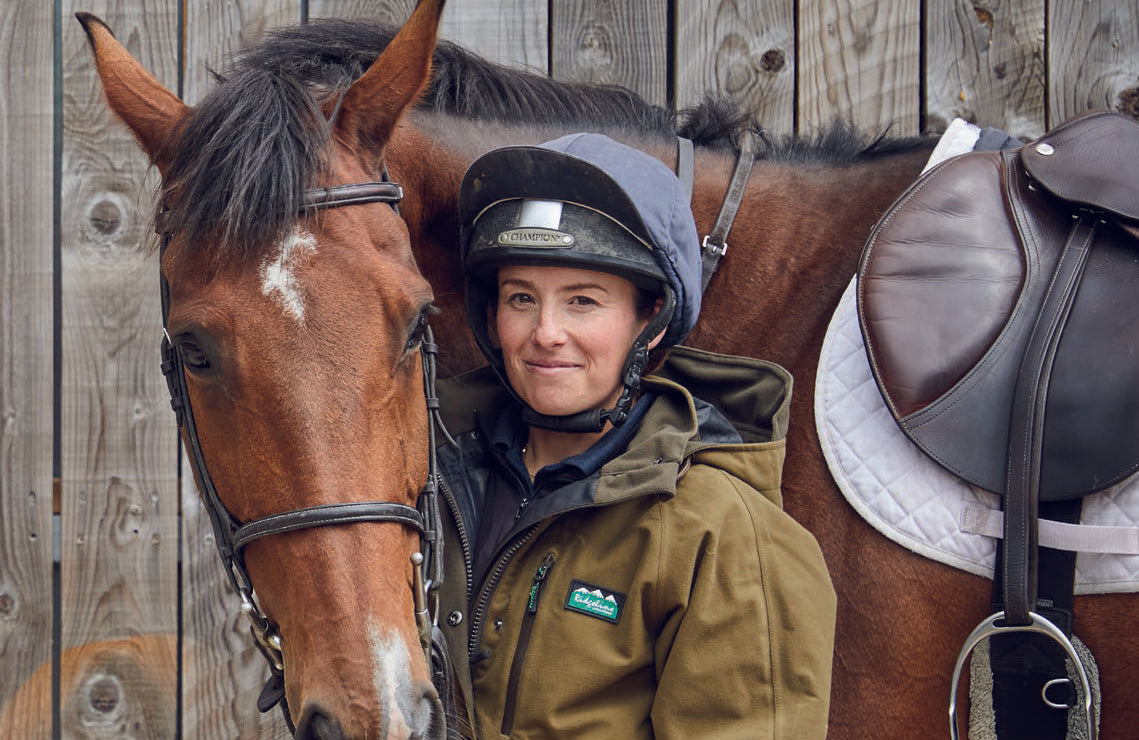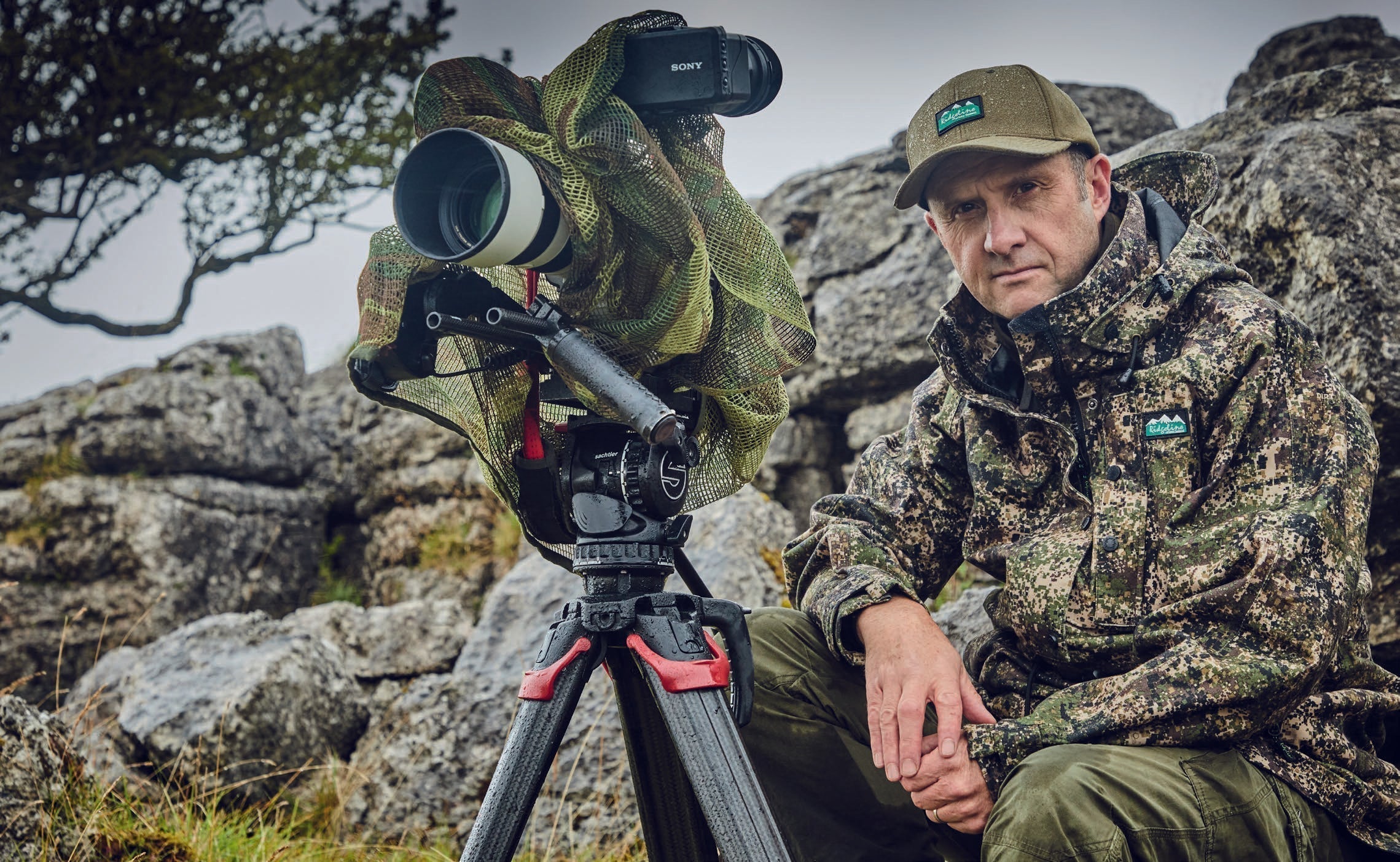A taste of Cumbria
On the Lowther Estate in Westmorland, sustainable, ethical farming practices and seasonal local produce combine to create mouth-watering dishes at the Askham Hall hotel’s Michelin-starred Allium restaurant.
WORDS BY DAN HAYES

It’s feeding time in the pig enclosure at Meaburn Hall farm near Penrith in Cumbria and excitement levels are off the charts. Two sows, a host of piglets and an enormous, tusked boar emit a chorus of delighted squeals and grunts as a feed bag is opened and its contents scattered before them.
In among the jostling animals, farm managers Chris and Hattie McPhee take the opportunity to administer some soothing cream to the boar’s broad back – relief from the attentions of the ruthless local horseflies.
Home for these pigs is a two-acre, tree-filled paddock where they can roam, forage and live lives that are as close as possible to those nature intended, with the piglets destined in due course for the nearby Askham Hall hotel and, ultimately, its Michelin-starred Allium restaurant.
Hattie explains: “The boar is a Duroc – a large, hardy breed originally from America. The sows are rare-breed, native Saddlebacks. The combination of the two gives us really good piglets.
“Our animals are free to express their natural behaviour,” she adds. “They spend their time foraging for roots, plants or apples that have fallen from trees. And, because they’re active, that means their meat has great flavour and is a bit darker than what you might be used to.”
Both farm and hotel form part of the Lowther Estate – a substantial patchwork of fields, woodlands and waterways owned since medieval times by the Earls of Lonsdale. Under the stewardship of the family’s latest generation, the estate has in the past 20 years focused increasingly on sustainability, ethical agriculture, rewilding and boosting biodiversity.
Tourism has also become key to the business, with Askham Hall joined by two gastropubs and the Gothic ruins of Lowther Castle – opened to the public in 2012 – as popular destinations for visitors from across the UK and beyond.
The Meaburn Hall farmhouse itself is a reminder of a centuries-old agricultural heritage in this part of northern England.

Chris and Hattie McPhee check on their goats and kids at Meaburn Hall while the Union Jack flies above nearby Askham Hall.
The date 1616 is carved above the door, while generation after generation of swallows nest in the eaves above thick stone walls that speak of sometimes harsh winters.
Chris and Hattie have managed the property since 2019. In addition to the pigs, they raise cattle, sheep and a herd of vocal goats that occupy a former cowshed adjacent to the main house. The latter provide both milk and a variety of cheeses (with inspired brand names such as Nanny McBrie), which are currently sold across the region.
These, like the rest of the Meaburn produce, also sometimes appear on the menu at Allium, where chef Richard Swale oversees a regional, seasonal menu based on the produce of the Lowther estate and the property’s own kitchen-garden.
Swale is a born-and-bred Cumbrian, with a deep- seated appreciation of the area and the variety of its produce – both farmed and wild.
“Growing up, my dad was a keen fisherman and shooter,” he explains. “We’d spend a lot of time out in the countryside and anything we shot or caught we’d then take home for my mum to cook.”
‘We try and keep the menu here simple, fresh and seasonal. That means the dishes change quite a bit’
 Michelin-starred chef Richard Swale inspects the farm’s produce. Wearing his Monarch Gilet
Michelin-starred chef Richard Swale inspects the farm’s produce. Wearing his Monarch Gilet
Having built a career in top kitchens both in London and France, Swale was lured back to the Lake District 11 years ago by the offer of the head chef job at Askham Hall.
“We try and keep the menu here simple, fresh and seasonal,” he explains. “That means the dishes change quite a bit. It’s not a case of getting one dish right and it then stays on the menu for years. We adapt to what’s available, keeping things seasonal and using as much as we can from our own sources.
“We rear our own chickens, and raise our own beef, sheep and pigs. We source fish locally, do a bit of shooting for pheasants and the estate’s deerstalker, Gregor Cattanach, will sometimes supply a deer.”
Cattanach himself cuts a distinguished figure; impeccably turned-out in a tweed suit that incorporates the traditional yellow pattern of the Lonsdale estate.
His knowledge of the local wildlife is unparalleled, built up over a career that has spanned almost 60 years.
Even with such resources to draw on, however, sourcing seasonally for the restaurant is not always straightforward, but the quality and freshness of produce more than make up for any inconvenience.
“It can be quite challenging,” Swale admits: “A lot of the berries, for example, turn ripe at the same time, so you’re not ordering a punnet every day as you might be in some kitchens. But we adapt and use different techniques like fermenting or pureeing them to make the base of sorbets and jellies. We also get an abundance of radishes and turnips that we pickle and use in the winter.”
That principal of making the most of everything also applies to those Meaburn Hall pigs, he adds.
“The shoulders are used for Sunday roasts, we make Cumberland sausages for the hotel breakfasts and the loins are great on the barbecue with our maple and coffee glaze. Because of the way the pigs are raised the meat is completely different from what you’d buy in a supermarket... Especially the crackling.”
 Gregor Cattanch and Andrew Robinson on the hunt for game and fish; locally sourced ingredients come together on the plate at Allium.
Gregor Cattanch and Andrew Robinson on the hunt for game and fish; locally sourced ingredients come together on the plate at Allium.




